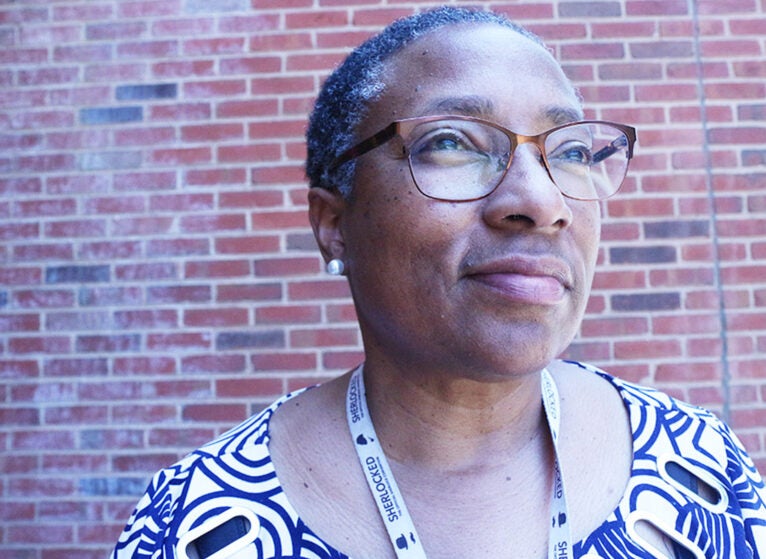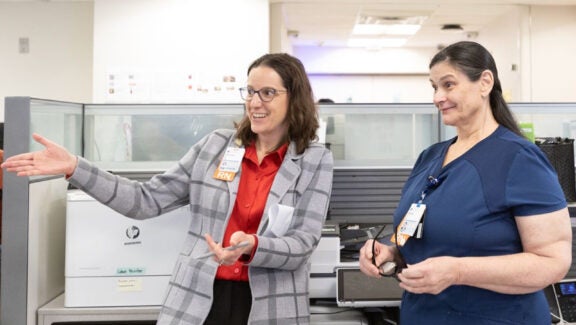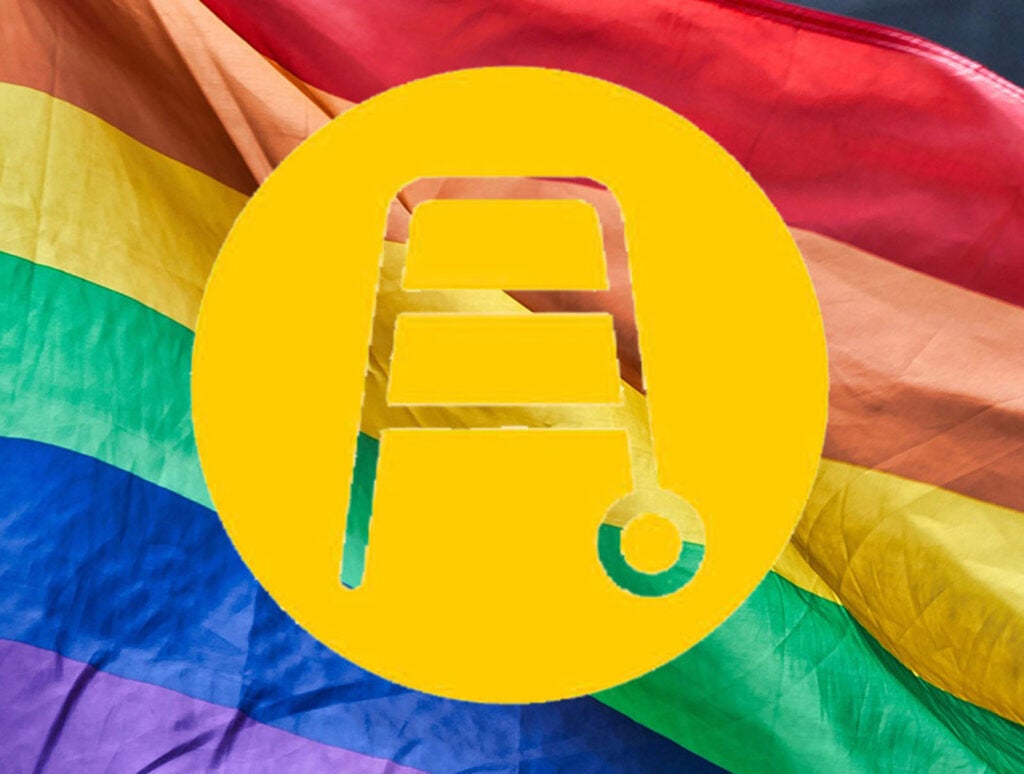

Professor Cathy Campbell, a hospice and palliative care nurse, who studies end-of-life care and recently co-authored a Mind and Life Institute paper on caring for transgender elders at end of life.
What Every Clinician Should Know When Caring for Trans Patients at the End of Life
About 1.4 million Americans identify as transgender. More than one in five of them is older than age 65 — nearly a quarter of a million people — nearly all of whom transitioned to their gender of choice after age 55. That means that transgender elders are not only living among us, they’re dying among us, too.
Professor Cathy Campbell, a veteran hospice nurse who cared for HIV and AIDS patients in the 1980s and 90s, studies the needs of transgender elders at life’s end. With colleagues, she recently authored a Mind and Life Institute white paper outlining recommendations on how best to care for transgender elders in clinical practice, through research, and health policy.
“No matter what people tell you, as your death approaches, your need for care support increases,” Campbell explained. “It’s rare someone dies in a single day; it’s usually a process over time. And because nurses are often the ones caring for these patients most directly, it’s important that they in particular understand how transgender elders differ from other people on hospice care, differences that must be reflected when providing them high quality, safe, affirming and compassionate care.”
1. Transgender elders’ personhood is a spiritual principle; support their daily care routines.
Gender expression is how a person presented their gender outwardly through behavior, clothing, voice, or other perceived characteristics [1]. Though some transgender elders have gender-confirming surgeries, how they present themselves socially is critically important, too. “That means that if, prior to hospice admission, I expressed my gender in an androgynous presentation, I want to continue to live that way,” Campbell said. “I might need to be shaved, wear a bra, or makeup. I may want to continue to bind my breasts.” Transgender elders who are receiving gender-affirming hormone therapy will continue with hormone treatment at the end of life, even if such medications pose risks, Campbell added. Clinicians should support their choices as an important component of palliative care at the end-of-life.
2. Consider how these patients’ gender identity impacts their social and economic well-being.
“We call this intersectionality,” explained Campbell. “Gender identity impacts whether these patients have been employed, whether they have savings or family members to lean on, the way they experience race and ethnicity, and whether they have stable, safe housing and access to food.” Clinicians should probe respectfully to inquire whether additional resources are needed, and, if such additional support is needed, provide it without judgement.
3. Ask only the questions germane to these patients’ care.
It’s inappropriate to ask questions that are irrelevant to care out of curiosity. “If it doesn’t matter to their palliative plan of care, keep it to yourself,” Campbell said.
4. Make care judgement-free through pursuit of continuing education and active advocacy.
From the words caregivers choose to urging advance care planning and respecting trans patients’ chosen family rather than their default biological relatives, clinicians play a key role to ensure transgender elders get the care they need at end of life. While Campbell advocates that gender-affirming care be required learning for nurses and physicians as a condition of their practice license, she also acknowledges that clinicians themselves can choose to be active in their learning and advocacy as well. True compassion begins intentionally, not perfectly. Asking broad, open-ended questions is a great way to begin: What are your preferred pronouns? Who should be here with you? What daily care activities can I help you with? What worries you? What brings you joy? Who or what matters to you?
5. Drop your assumptions and what you think you know; everyone on has their own story.
Don’t assume that every transgender adult has been marked by suffering, Campbell said, or is mentally ill, anxious, or depressed. “Support these patients’ well-being generally,” she said, “not because something’s broken but because they’re human beings who need affirmation."
[1] Wamsley, L, & Nett, D. (2021). A guide to gender identity terms. https://www.npr.org/2021/06/02/996319297/gender-identity-pronouns-expression-guide-lgbtq
Latest News





This work is so important! Thank you, Dr. Campbell.